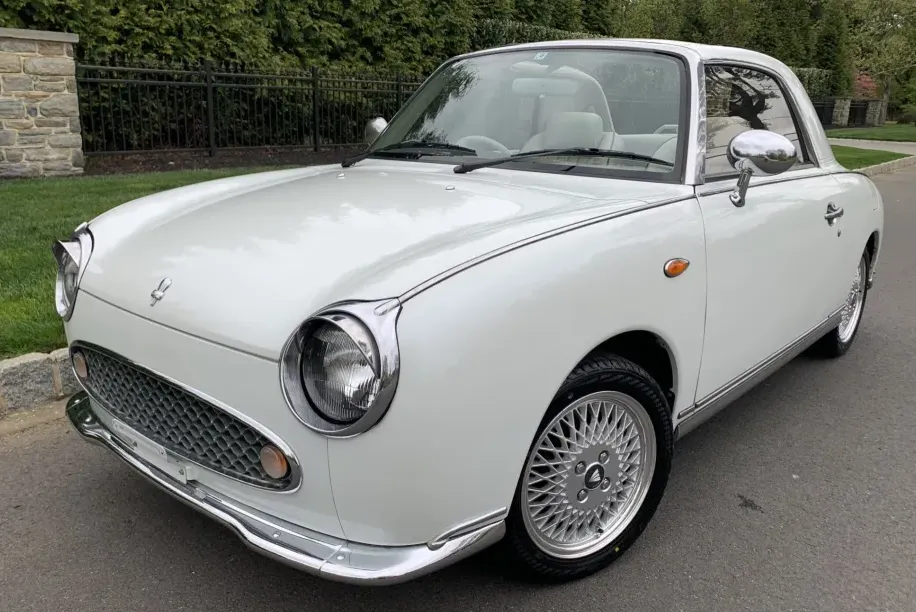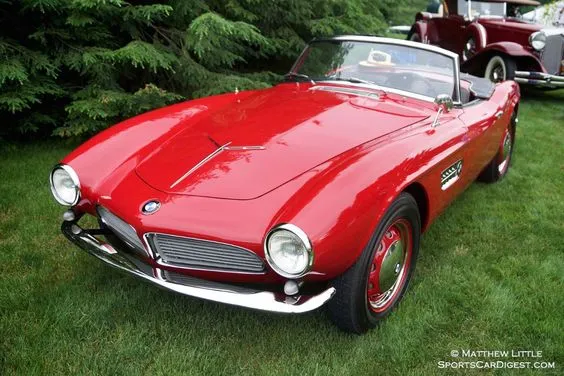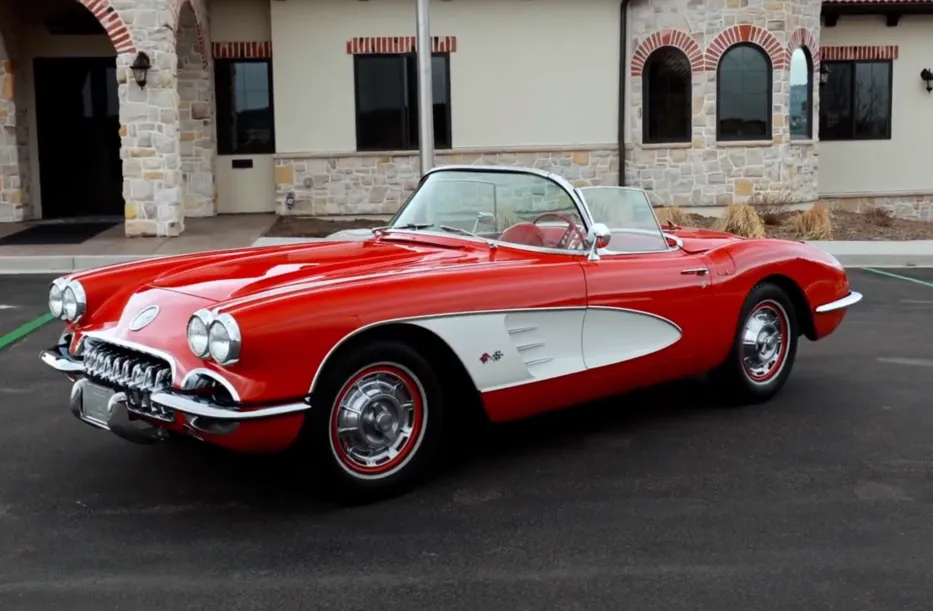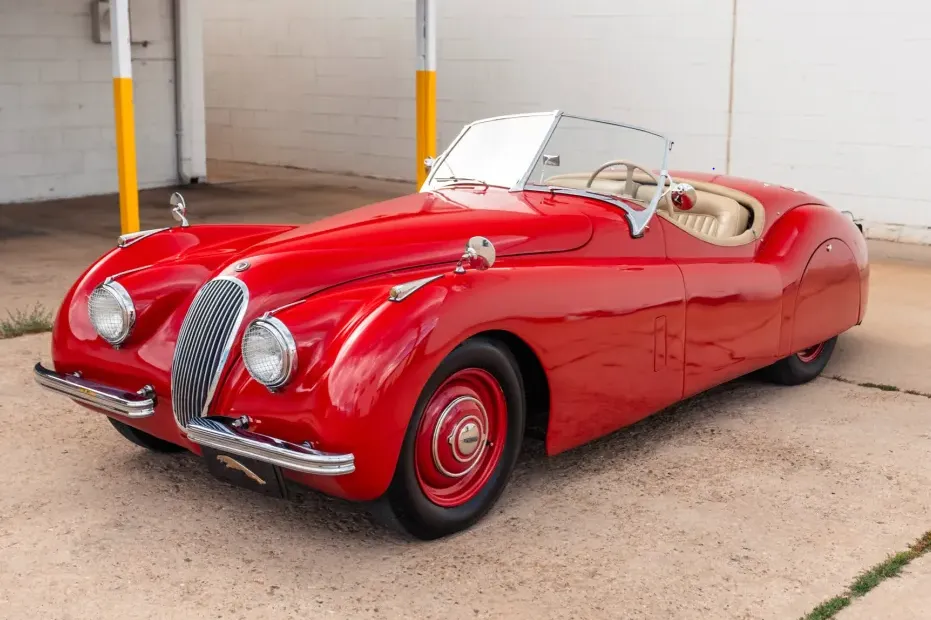The 1948 Special DeLuxe Plymouth Business Coupe holds a distinguished place in automotive history as a quintessential example of post-World War II American design and ingenuity. Produced by Plymouth, a division of Chrysler Corporation, this car epitomized the aspirations and practical needs of the burgeoning middle-class consumer base of the late 1940s. Its blend of style, reliability, and functionality made it a popular choice among families and professionals alike, leaving an enduring legacy in the annals of classic automobiles.

At the core of the 1948 Special DeLuxe Plymouth Business Coupe was its elegant and aerodynamic design. The car featured smooth, flowing lines that accentuated its streamlined profile, reflecting the optimism and dynamism of the post-war era. Unlike its more flamboyant contemporaries, this coupe embraced a conservative yet sophisticated aesthetic, appealing to buyers seeking a blend of practicality and understated luxury.

One of the standout features of the 1948 Special DeLuxe Plymouth Business Coupe was its construction. Built on a robust frame with a steel body, the car was engineered for durability and longevity—a hallmark of Plymouth's commitment to quality craftsmanship. The body panels were meticulously designed and assembled, showcasing attention to detail and a dedication to precision manufacturing techniques that ensured a solid and reliable vehicle.

Powering the 1948 Special DeLuxe Plymouth Business Coupe was a range of inline-six engines, renowned for their smooth performance and efficiency. These engines provided adequate power for daily driving while maintaining respectable fuel economy—an important consideration during a time when economic recovery and fuel conservation were paramount concerns for American consumers.

Inside the coupe, Plymouth prioritized comfort and functionality. The cabin offered spacious seating for up to five passengers, upholstered in durable fabrics or optional leather, depending on the trim level. The dashboard design was straightforward and intuitive, with essential controls positioned for easy access—a testament to Plymouth's commitment to user-friendly ergonomics.

Technologically, the 1948 Special DeLuxe Plymouth Business Coupe incorporated innovations that enhanced both safety and convenience. Hydraulic brakes improved stopping power, ensuring a confident driving experience, while optional amenities such as a radio and heater added comfort and enjoyment for occupants—a reflection of Plymouth's efforts to cater to the evolving preferences of American car buyers.

Stylistically, the coupe featured chrome accents on the grille, bumpers, and trim, adding a touch of sophistication to its exterior appearance. The rear fenders were smoothly integrated into the overall design, contributing to the car's aerodynamic efficiency and visual appeal. These design elements not only enhanced the coupe's aesthetic appeal but also underscored Plymouth's commitment to blending style with practicality.

The cultural significance of the 1948 Special DeLuxe Plymouth Business Coupe cannot be overstated. As one of Plymouth's most popular models during the late 1940s, the coupe symbolized reliability, affordability, and aspirational value—a testament to its broad appeal among American families seeking dependable transportation in the post-war era. Its timeless design and practical features ensured its enduring popularity among automotive enthusiasts and collectors, preserving its legacy for future generations to appreciate.

In conclusion, the 1948 Special DeLuxe Plymouth Business Coupe remains a cherished symbol of mid-20th-century American automotive innovation and craftsmanship. With its elegant design, robust construction, and practical features, this coupe exemplified Plymouth's commitment to producing vehicles that combined style with reliability and affordability. Its enduring popularity among enthusiasts and collectors serves as a testament to its timeless appeal and cultural significance, making it a cherished piece of automotive history that continues to inspire admiration and nostalgia today.



